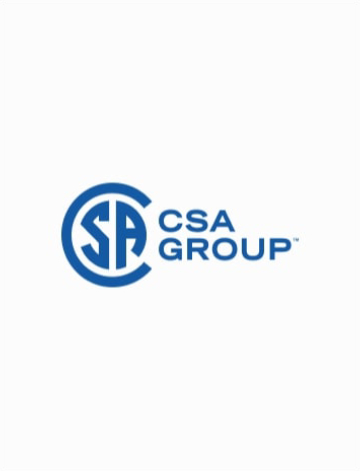Preface
This is the first edition of CSA SPE-115, Minimum energy performance technical specification for passenger tires.
CSA Group acknowledges that the development of this Technical Specification was made possible, in part, by the financial support of Natural Resources Canada.
Scope
1.1 General
The intent of this Technical Specification is to create an enforceable Technical Specification that will establish minimum energy efficiency and wet grip performance requirements for new and imported light-duty vehicle tires in Canada. The intent is to regulate energy efficiency under the Energy Efficiency Act under NRCan’s jurisdiction and to regulate wet grip under the Motor Vehicle Safety Act under Transport Canada’s jurisdiction.
1.2 Users
This Technical Specification is intended for use by
a) regulatory agencies;
b) tire manufacturers;
c) original equipment (OE) vehicle manufacturers;
d) testing facilities and laboratories; and
e) tire importers/distributors.
1.3 Application
This Technical Specification applies to new pneumatic radial tires designed for use on light duty vehicles that were manufactured on or after January 1, 1975 (per CMVSS 139).
1.4 Exclusions
This Technical Specification does not apply to
a) light truck (LT) tires and C-type tires;
b) tires with a tread depth of 14.3 mm (18/32 in) or greater;
c) tires with a speed symbol greater than V;
d) motorcycle tires;
e) special tires (ST) for trailers in highway service;
f) tires for use on farm implements (FI) in agricultural service with intermittent highway use;
g) tires with rim diameters of 8 in and below;
h) temporary use spare tires;
i) winter tires that are manufactured with studs;
j) bias ply tires; and
k) racing tires designed for competition use.
1.5 Terminology
In this Technical Specification, shall is used to express a requirement, i.e., a provision that the user shall satisfy in order to comply with the Technical Specification; should is used to express a recommendation or that which is advised but not required; and may is used to express an option or that which is permissible within the limits of the Technical Specification.
Notes accompanying clauses do not include requirements or alternative requirements; the purpose of a note accompanying a clause is to separate from the text explanatory or informative material.
Notes to tables and figures are considered part of the table or figure and may be written as requirements.
Annexes are designated normative (mandatory) or informative (non-mandatory) to define their application.


